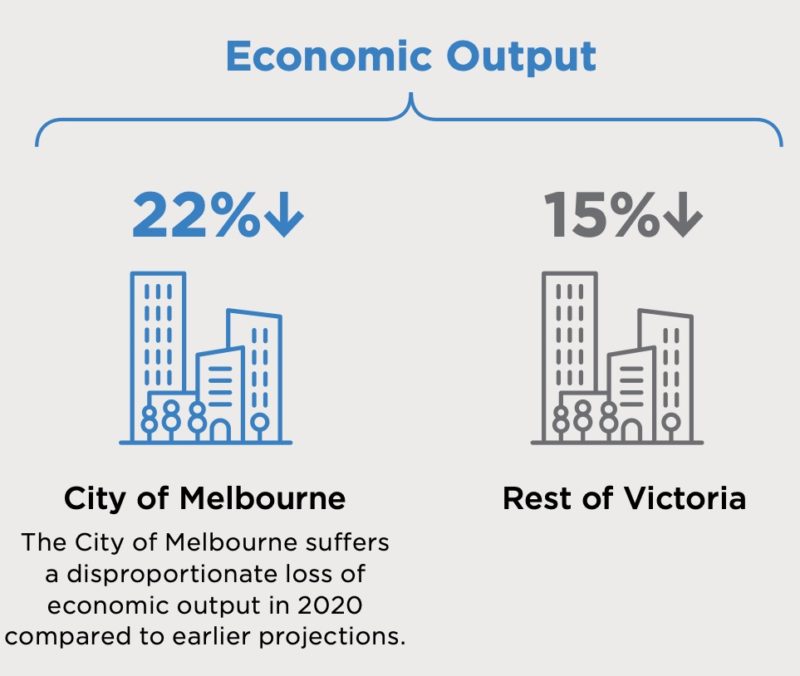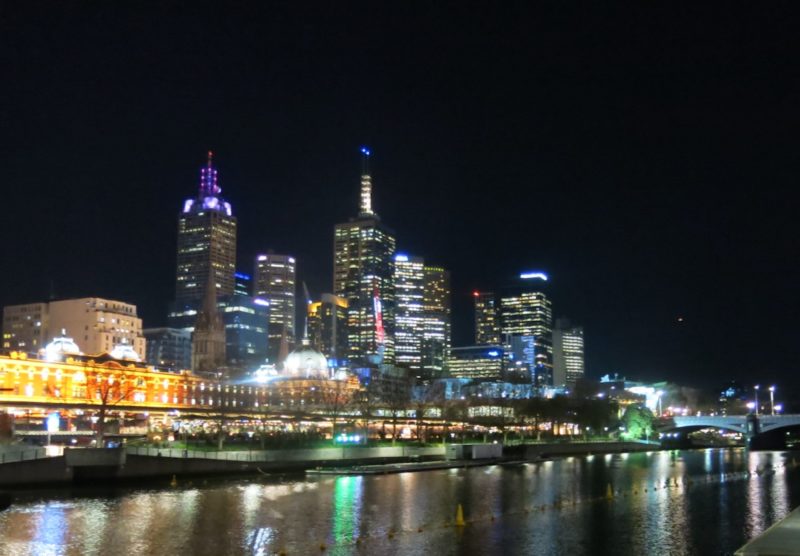Melbourne Defeats Covid-19 But At Huge Economic Cost
27th October 2020
Last modified on May 14th, 2021
The Australian city is out of its lock down as no new cases have been reported. Some say it has set an example to the rest of the world, but its economy and those of its surrounding ski areas have been badly hit.
The 5m residents no longer have to stay at home and most other restrictions will be lifted gradually over the coming days.
People are now able to go to bars, restaurants and shops again for the first time in months.
The city has had one of the world’s longest and toughest lockdowns with its closure affecting the nearby ski resorts that rely on people from the city to visit.
Others fly into Melbourne to access the slopes.
Ski resorts in the state of Victoria closed back in August, just days after they had tried to open for the season.
Two ski resorts in Victoria to close for rest of the season
Mt Buller closes bringing ski season to an early end in Victoria
It is 110 days since Melbourne went into lockdown – in the middle of its winter.
Some say the city has become a world leader in dealing with the virus along with Singapore, Vietnam, South Korea, New Zealand and Hong Kong.
Raina McIntyre, a biosecurity professor at the University of New South Wales’ Kirby Institute, told the BBC that Australia’s response had been “light years ahead” of the US and the UK.
Parts of the city have been under lock down for more than four months, but some things are now changing.
- Companies should continue to allow employees to work from home where possible.
- Pubs, hotels and restaurants can reopen from Wednesday.
- The 25-km travel limit will still be enforced until 8 November.
- Face masks in public places will remain mandatory
- People will not be allowed to meet others form a different household in their own home.
“We want to reach Covid normal by Christmas and right now, we’re on track to do that,” said the Victoria Premier, Daniel Andrews.
“People have been through a lot. People have done amazing things, shown extraordinary acts of kindness and commitment and courage
“But this virus is not going away. It is going to continue to be a feature of our lives every day until a vaccine turns up.”
The success is put down to four factors:
- The closure of its international borders,
- Excellent testing in all states and territories
- Effective contact tracing
- A compliant population that has embraced distancing protocols.
See here for more on the BBC
It has though come at a huge economic cost.
The COVID-19 led recession is sharper and deeper than any other in living memory.
It is having a disproportionate effect on Melbourne’s economy compared to the rest of Victoria, and Australia.
This recession is forecast to be sharper and deeper than any seen since Australia has collected consistent economic data.
The data shows that, compared to pre-COVID19 forecasts, the City of Melbourne economy will be up to $23.5 billion smaller in 2020 and has been hit much harder than the rest of the state of Victoria.
That’s a 22% fall.

Economic Output
According to a survey by PricewaterhouseCoopers, PCW, there will be a reduction of up to $110 billion in economic output, compared to pre-COVID estimates over the next five years.
Over five years, there will be up to 79,000 fewer jobs than pre-COVID forecasts.
The modelling shows it may take until at least 2024 for the city economy to return to its 2019 level.
It is the main ski state in Australia along with New South Wales.
Snowsports is a significant contributor to the tourist sector with its main resorts of Mt Buller, Mt Hotham and Falls Creek.
In the year to March 2020, Victoria welcomed 95.5 million visitors, including international and domestic overnight visitors, and is a popular ski destination for Australians and international guests alike.
The Australian airline, Qantas, has said its routes to the UK are unlikely to be reinstated for at least another year.
“For some of our big destinations like the United States and the UK, it’s going to need a vaccine given the high prevalence of the virus in both of those locations,” said the Qantas Group CEO, Alan Joyce.
“It’s going to take some time to recover international travel back.”
The City of Melbourne has provided $50 million in funding to support businesses and has lobbied successfully for $20 million from the Victorian Government..
However, the scale of economic devastation being experienced means the city is likely to require billions of dollars in further support over a number of years to invest in job creating projects that will stimulate our economy.
See here for the full economic analysis from the city of Melbourne.
The city is undertaking a substantial investment programme to try to provide solid foundations for its recovery.
“We are proud of our hard work,” said the city authorities.
“ However, local government is facing an unprecedented task.
“Stimulating a broad and enduring recovery in a major capital city will require support from and partnerships with all levels of government.
“If we jointly accelerate the economic recovery, Melbourne will again be one of the world’s most prosperous and liveable cities.”
Australia has recorded 27,541 cases of Covid-19 and 905 deaths.

Melbourne, Australia. Photo credit – PlanetSKI










